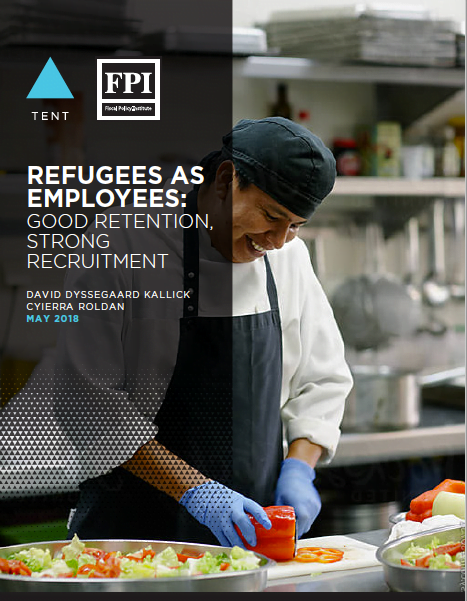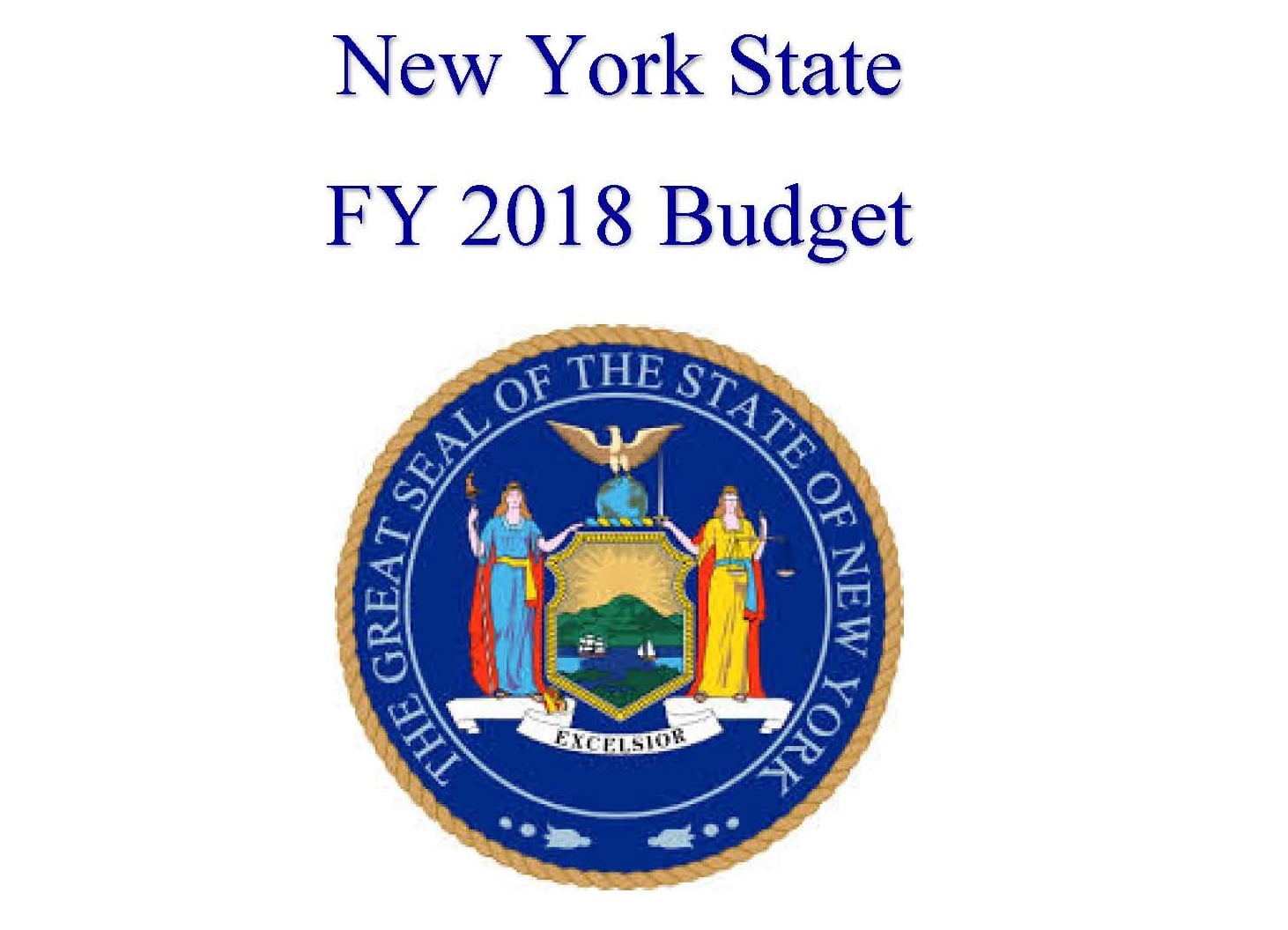Report: Nearly Half of New York Renting Families Are Rent-Burdened
April 29, 2019. Families should pay no more than 30 percent of their income for rent according to housing advocates. Many public agencies set their support levels to meet this standard. Unfortunately, we find that across New York State, and in some of its major cities, significant shares of families are paying more than 30 percent of their income in rent. This is especially true among families of color. Severe rent burdens can badly reduce families’ ability to pay for other important expenses, such as food or [...]



